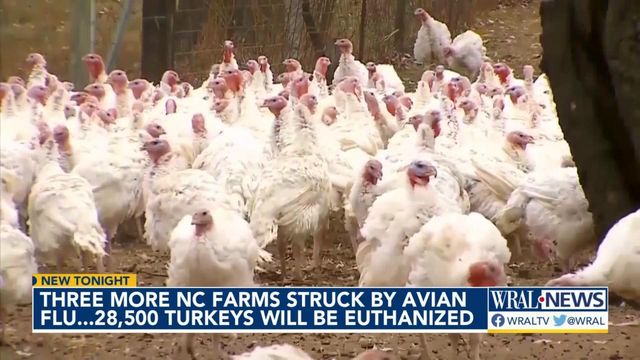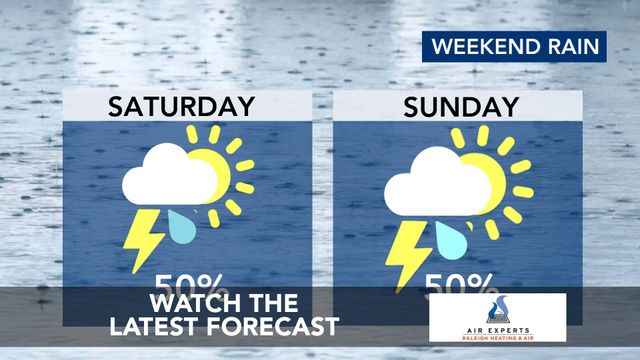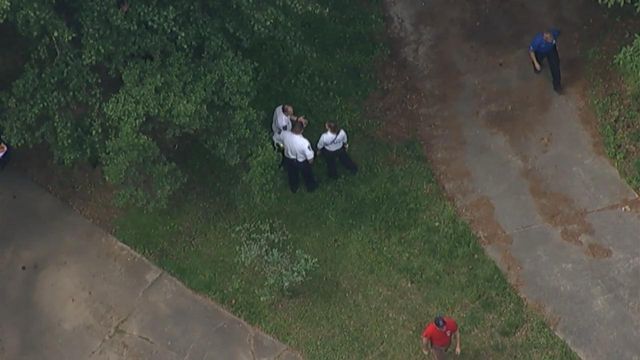Turkey farms in Johnston County, Wayne County test positive for Avian Flu
On Friday the North Carolina Department of Agriculture and Consumer Services announced two more commercial turkey operations in Johnston County have tested positive for High Path Avian Influenza.
The farms were identified after another nearby farm earlier this week euthanized 32,000 turkeys after a positive sample within the flock. A 6.2 mile test zone was established, leading to these new positive cases.
The Ag department will again expand the test zone from the new locations to look for further infections.
“The two additional flocks totaling about 28,500 turkeys are in the process of being depopulated and 10-kilometer zones will be set up around these new sites to test nearby farms for the virus,” said State Veterinarian Mike Martin. “Most of this new zone will fall within our original 10-kilometer zone. As a state we have known that the risk for HPAI was high this season. We have seen other states with cases and have known since mid-January it was present in our wild bird population.”
An additional 17,000 turkeys were located at another farm in Wayne county later Friday evening.
The positive samples were identified by the N.C. Department of Agriculture and Consumer Services Veterinary Diagnostic lab in Raleigh. The samples have been sent to the USDA APHIS National Veterinary Services Lab in Ames, Iowa to confirm the positive result.
The strain's presence has been found in several flocks throughout the country.
The Ag department continues to urge poultry owners to do their part by practicing strict biosecurity and reporting sick or dying birds right away to a local veterinarian, the N.C. Department of Agriculture and Consumer Services Veterinary Division at 919-707-3250, or the N.C. Veterinary Diagnostic Laboratory System at 919-733-3986.
This type of HPAI virus is considered a low risk to people according to the U.S. Centers for Disease Control, but is highly contagious to other birds, including commercial and backyard flocks of poultry.
The department said the virus is also not considered a food safety threat and infected birds do not enter the food supply.












